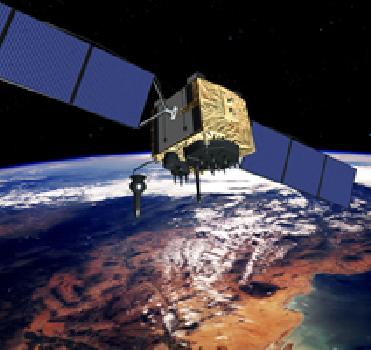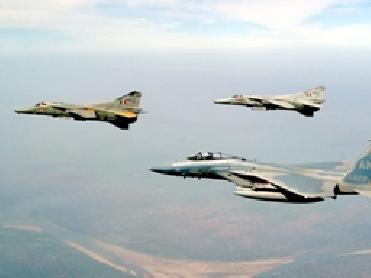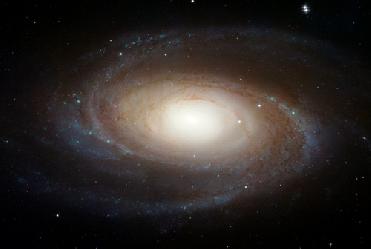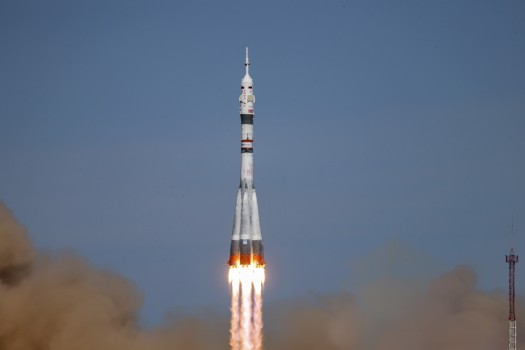
NEW DELHI (BNS): The US Air Force has received its first global positioning system (GPS) IIF satellite. It will undergo final preparations for launch at Cape Canaveral Air Force Station, a media report said.
The USAF's Space Vehicle 1 (SV-1), the first of 12 GPS IIF satellites, is scheduled to be launch on a United Launch Alliance Delta IV vehicle, by end of this year, a statement by Boeing said.
Boeing delivered the next-generation navigation spacecraft, from its satellite manufacturing facility in El Segundo, aboard a Boeing-built C-17 Globemaster III airlifter.
The GPS IIF system will bring enhanced performance to the GPS constellation by providing twice the navigational accuracy of heritage satellites, more robust signals for commercial aviation and search-and-rescue, and greater resistance to jamming in hostile environments.
�Since the first GPS satellite was launched in 1978, this successful program has demonstrated the value of space assets,� said Craig Cooning, vice president and general manager of Boeing Space and Intelligence Systems.
�The GPS IIF system will afford major performance improvements over the legacy satellites and will sustain and dramatically improve the GPS constellation for civil, commercial and defense users alike.�
To prepare for the launch of SV-1, the SV-2 spacecraft in September successfully completed a consolidated system test � a set of one-time, system-level design verification and validation tests involving the space vehicle, the ground-based control segment, and user equipment.
SV-2 was also used as a �pathfinder� to validate transportation equipment and processes, as well as launch-site test procedures and equipment.
GPS is a space-based, worldwide navigation system providing users with highly accurate, three-dimensional position, navigation and timing information 24 hours a day in all weather conditions.
 Previous Article
Previous Article Next Article
Next Article












The Indian Air Force, in its flight trials evaluation report submitted before the Defence Ministry l..
view articleAn insight into the Medium Multi-Role Combat Aircraft competition...
view articleSky enthusiasts can now spot the International Space Station (ISS) commanded by Indian-American astr..
view article